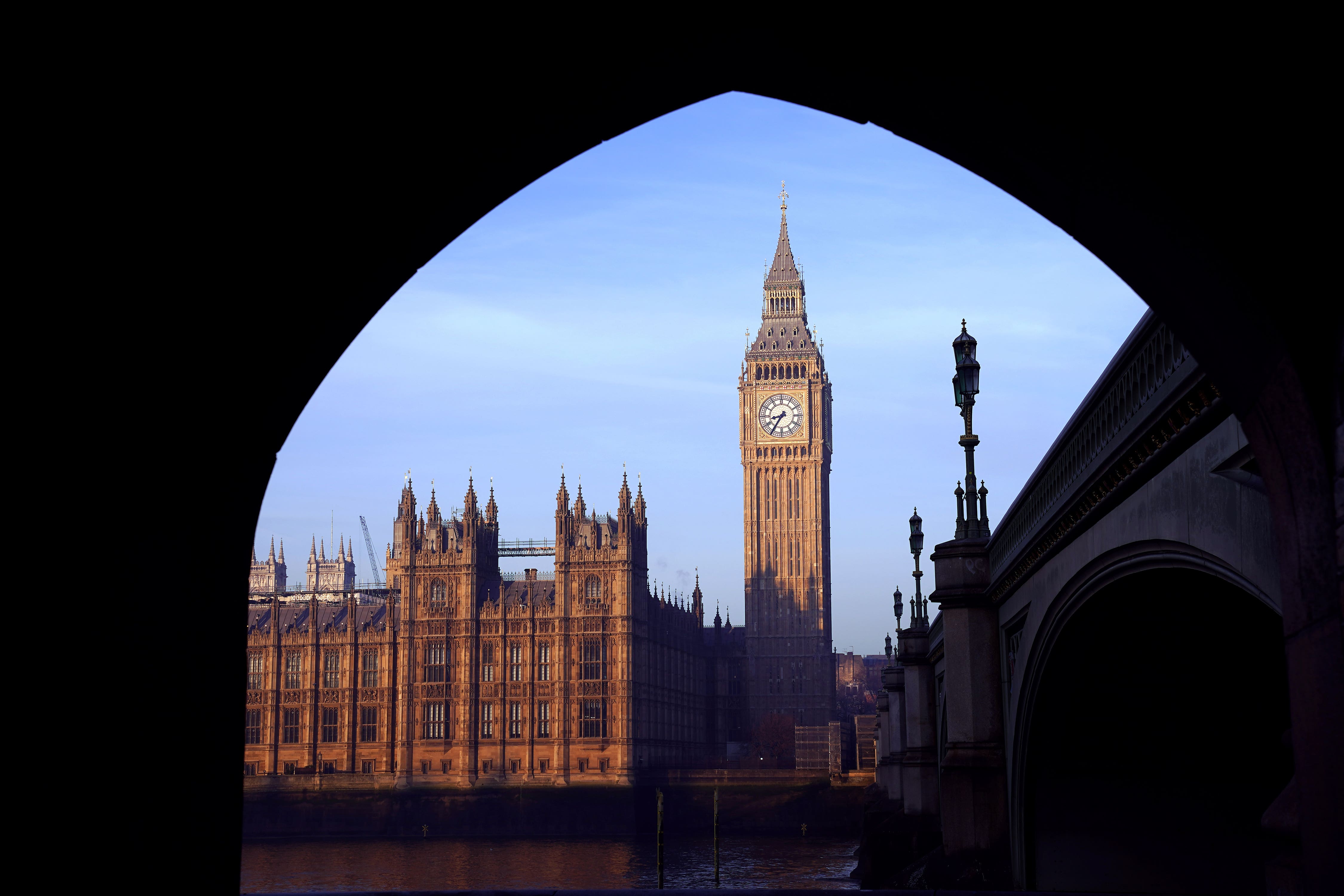Who has access to the House of Commons?
The arrest of a parliamentary researcher accused of spying for China has led to calls for a review of the commons security system, writes Archie Mitchell

The arrest of a parliamentary staffer suspected of spying for China has sparked calls for a review of those allowed access to the House of Commons.
Former Tory minister Rory Stewart said he was “very worried” about how parliamentary passes are allocated, while justice secretary Alex Chalk promised “lessons will be learned” by the authorities responsible for giving them out.
Despite rigorous vetting of those handed passes to the commons estate, the researcher worked with MPs on international policy, including relations with Beijing, for several years, according to the Sunday Times.
So what are parliamentary passes, who are they given to and how do officials ensure parliament is safe and secure?
The parliamentary pass system exists to maximise security by ensuring those on the estate are security cleared and easily identifiable.
All MPs are given a pass to the parliamentary estate – as well as members of the House of Lords, parliamentary aides, some journalists and others who require access such as political party workers, contractors, police and gym staff.
Former MPs are also traditionally given passes, although one was denied to Boris Johnson after he was found to have misled parliament over Partygate.
Passes are issued by the Parliamentary Security Department, which works on the basis of “the fewer the passes on issue, the less the security risk”.
Different passes give passholders access to different areas of the estate, including some bars which are only accessible to members, their guests and journalists.
The vetting process is designed to safeguard national security and includes a counterterrorist check and security check.
It aims to identify threats which could stem from foreign intelligence services, terrorist groups and those who wish to undermine parliamentary democracy by political, industrial or violent means.
And the vetting process tries to spot those who might be susceptible to improper influence, show dishonesty, lack of integrity or unreliability.
There are strict rules about how passes are used, including not allowing them to be used by others and displaying them at all times.
Sanctions for passholders who breach the rules can include the withdrawal of security clearance, passes being suspended and access to parliament being withdrawn.
Senior Tory MP Caroline Nokes told Times Radio that the arrest was a “very timely reminder to colleagues to be careful who you’re employing, who you’re speaking to, and indeed to government and the parliamentary authorities to do your vetting when you’re dishing out passes”.





Join our commenting forum
Join thought-provoking conversations, follow other Independent readers and see their replies
Comments